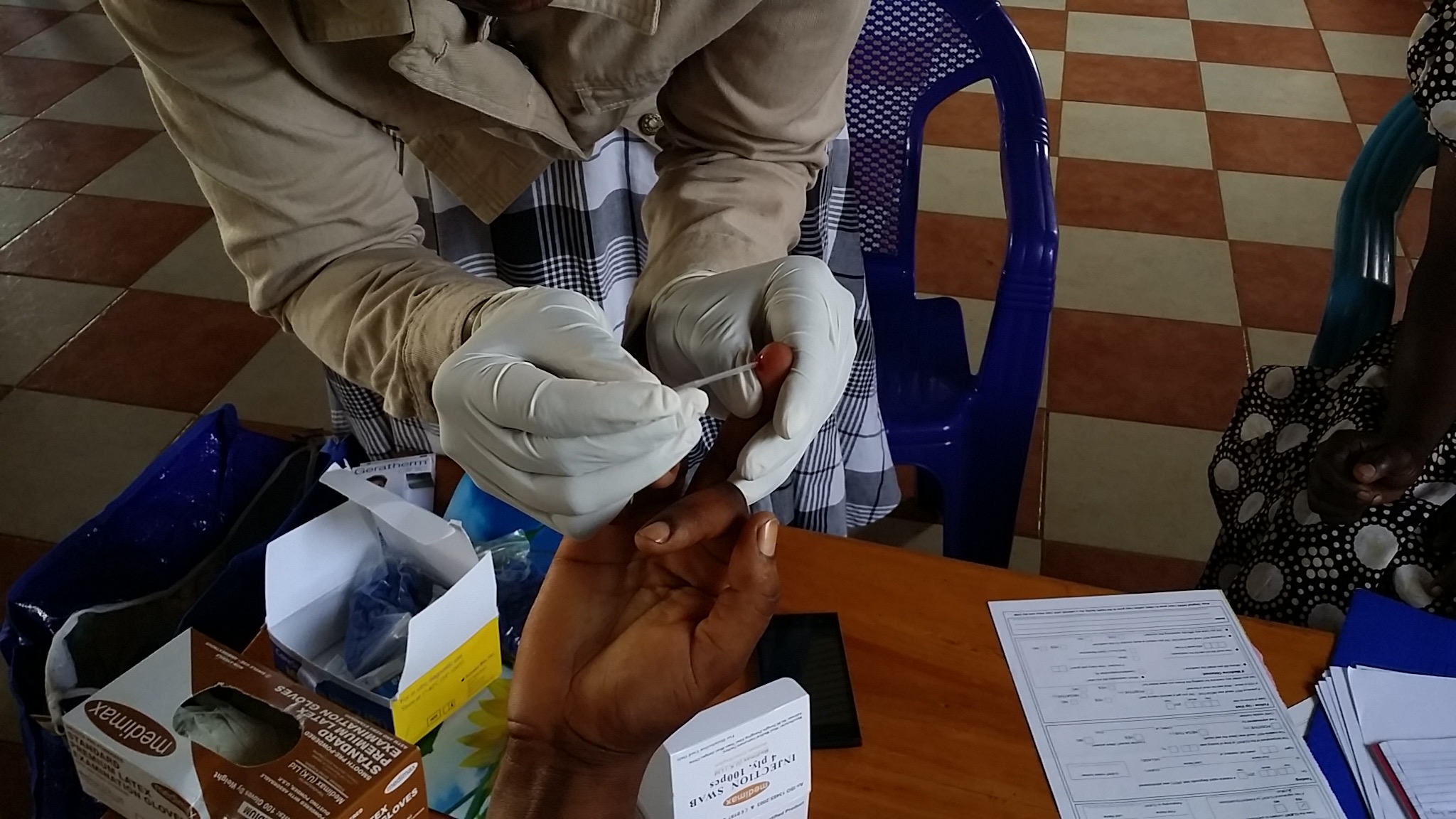 ExactDx in PLoS Medicine! The primary results of our community-based cluster randomized trial in western Kenya. The main points:
ExactDx in PLoS Medicine! The primary results of our community-based cluster randomized trial in western Kenya. The main points:
- In most malaria-endemic countries, first-line antimalarials called artemisinin combination therapies, or ACTs, are available over the counter in retail medicine outlets and can be purchased without a diagnostic test.
- ACTs are heavily subsidized by government or international donors and are very inexpensive to the consumer. Approximately 40% of all subsidized ACTs are sold through the private sector, where it is estimated that 80% are taken by people without malaria.
- Misuse and overconsumption of ACTs has serious consequences; it can lead to delayed treatment for the true cause of illness and may contribute to the spread of antimalarial resistance. It also wastes public subsidy funds for patients who don’t need antimalarials.
- The use of a diagnostic test before treatment could improve the correct use of ACTs.
- We tested an innovative approach that created a partnership between community health workers (CHWs) and retail medicine outlets. Our intervention was specifically designed to reach individuals purchasing drugs over the counter and to incorporate the retail sector, which delivers the majority of ACTs in Kenya.
- The CHWs provided free malaria testing in the community using simple point-of-care malaria rapid diagnostic tests (RDTs) and issued a voucher to anyone with a positive test, which could be redeemed at a retail medicine outlet in exchange for a discounted ACT.
- The voucher allowed the ACT subsidy to be targeted only to patients with a confirmed malaria infection and created an incentive for patients to be tested by a CHW before buying a drug. Individuals with a negative test or without a test had to pay a higher price for retail ACTs.
- We tested the effect of this intervention on testing before treatment and correct use of ACTs in a cluster-randomized controlled trial. After 18 months, the intervention improved the proportion of fevers tested before treatment by 25% and improved the proportion of ACT dispensed to true malaria cases by 40% compared to the control arm.
- Making ACT subsidies conditional on the diagnostic test result could help ensure that the information from the test informs treatment.
- Community-based interventions that include the private sector can have an important impact on diagnostic testing and population-wide rational use of ACTs, as well as potentially improve care for the millions of suspected malaria cases seeking treatment in retail outlets.